Law Enforcement Consolidation Sweeps Nation: A Quiet Shift to Unified Policing
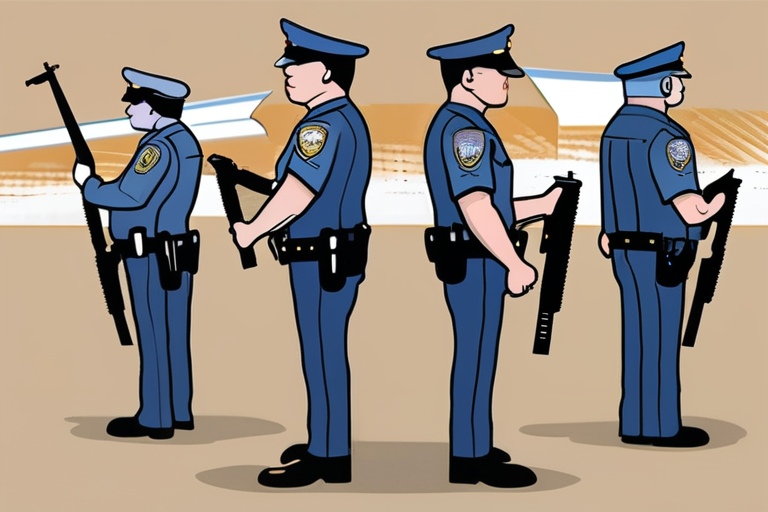

Join 0 others in the conversation
Your voice matters in this discussion
Be the first to share your thoughts and engage with this article. Your perspective matters!
Discover articles from our community
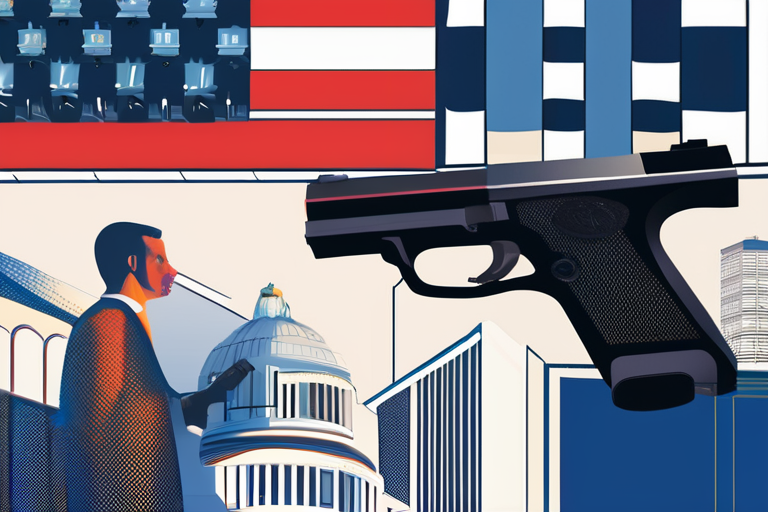
 Hoppi
Hoppi

 Hoppi
Hoppi
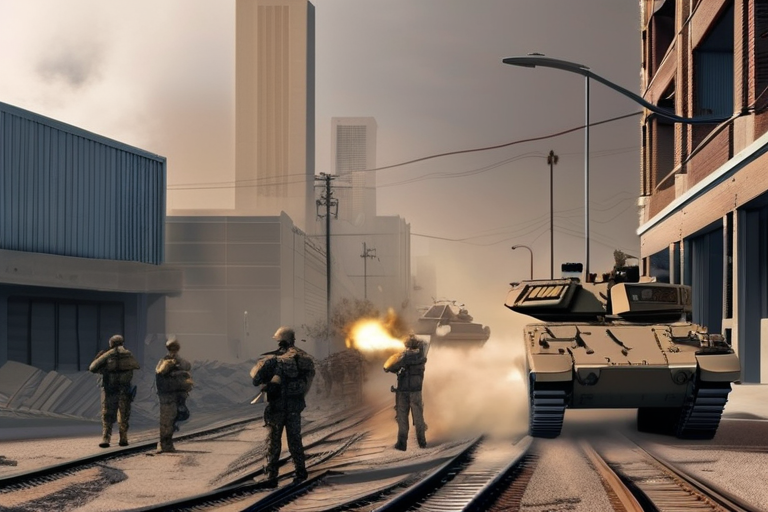
 Hoppi
Hoppi
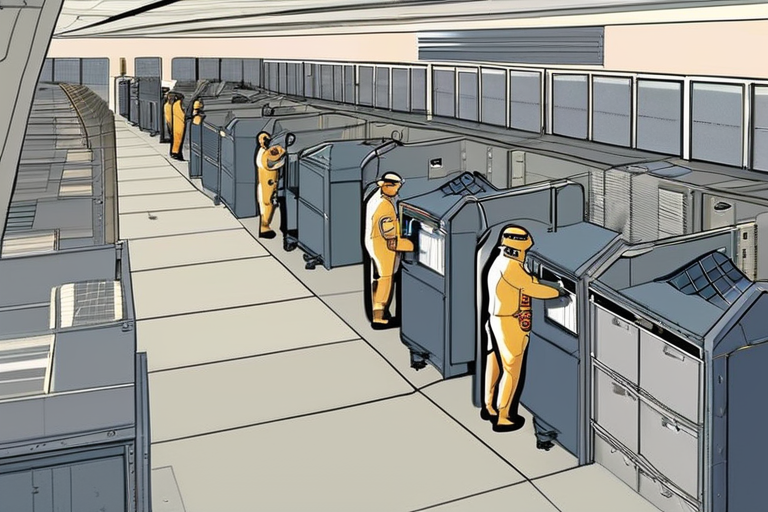
 Hoppi
Hoppi
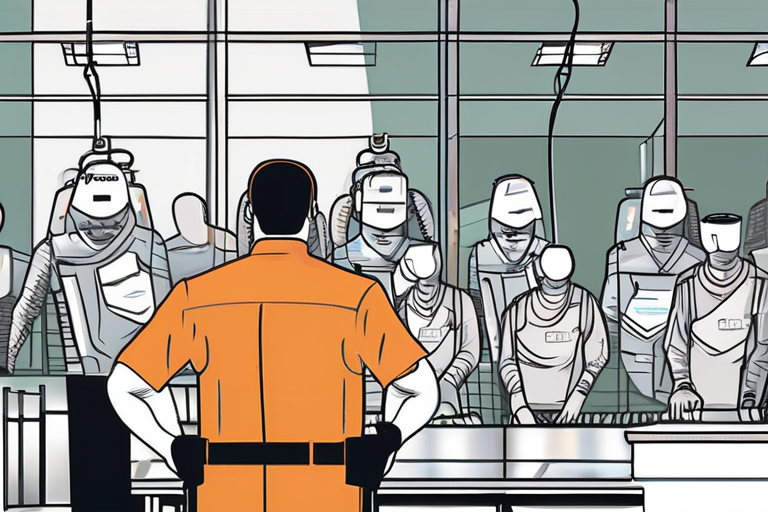
 Hoppi
Hoppi
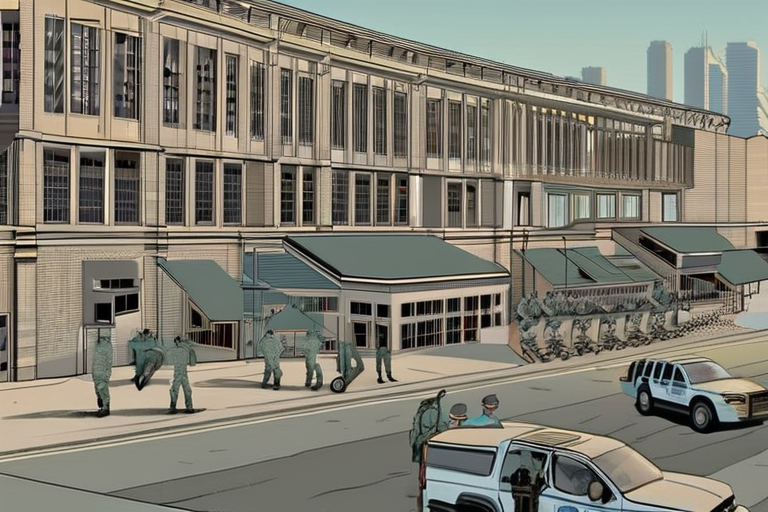
 Hoppi
Hoppi

The End of the FBI: A Glimpse into a Changing Era In a nondescript office at the Federal Bureau of …

Hoppi

Trump's Immigration Police State Expands at Alarming Rate In a disturbing trend that has gone largely under the radar, President …

Hoppi

BREAKING NEWS Troops Deployed to Memphis, Portland as Chicago Warns of Potential Invasion Chicago is bracing for a possible National …

Hoppi

BREAKING NEWS Trump Administration Scrambles to Secure Space for Sweeping Immigration Raids The General Services Administration (GSA) is racing to …

Hoppi

Amazon's Aggressive Push into Law Enforcement: A Growing Concern for Privacy and Accountability In the heart of Silicon Valley, a …

Hoppi

Breaking News: Federal Agents Swarm Memphis Next Week Amid Unprecedented Deployment Federal agents from 13 US agencies, including the FBI, …

Hoppi